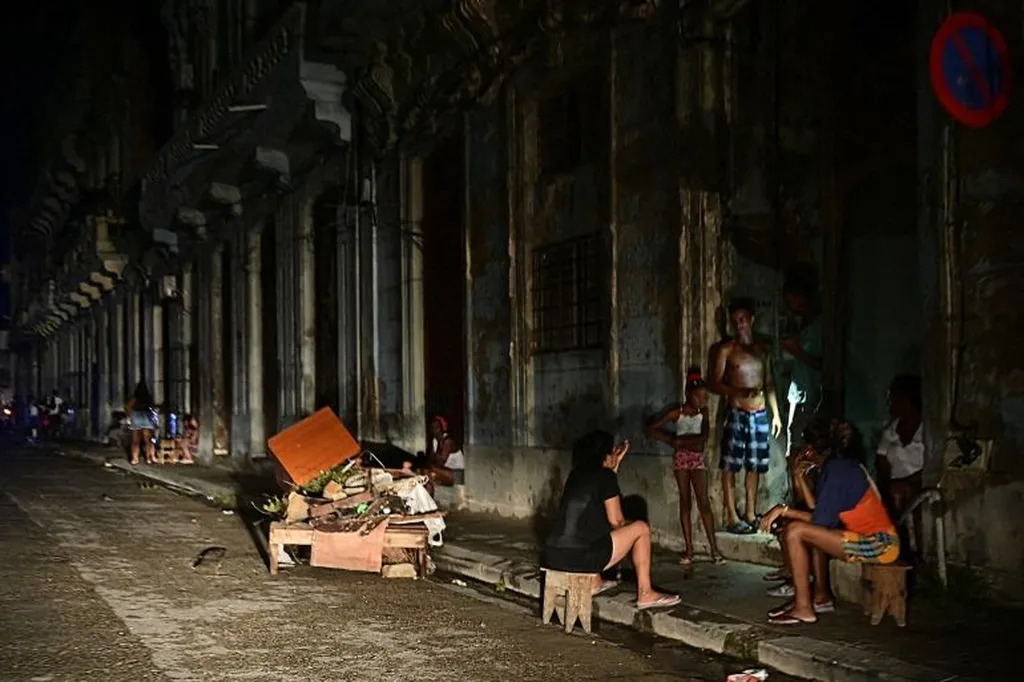Cuba’s National Electric Union is working to restore power after a nationwide blackout plunged the island into darkness yesterday. The grid collapsed at 9:14am local time, leaving the vast majority of Cuba’s 9.7 million residents without electricity, according to Reuters. The country’s energy ministry and National Electric Union confirmed the total disconnection of the Electric System, with investigations into the cause of the failure ongoing.
State-run media reported that airports and essential services, including hospitals and water pumps, remain operational thanks to backup systems. This blackout marks the fourth nationwide outage in less than a year, with previous incidents taking between two and three days to fully resolve. Prior to this latest collapse, residents were already enduring daily blackouts lasting 16 hours or more, underscoring the fragile state of Cuba’s power generation system, which has been in near-total disarray since late last year.
Cuba’s energy challenges stem from a combination of factors, including outdated oil-fired power plants and a significant decrease in oil imports from key suppliers such as Venezuela, Russia, and Mexico. The country is also grappling with fuel, food, and other shortages amid its most severe economic crisis in decades. The recurring blackouts have exacerbated these challenges, raising questions about the resilience of Cuba’s energy infrastructure and the government’s ability to address systemic failures.
The situation in Cuba echoes broader concerns about power grid vulnerabilities, particularly in regions reliant on aging infrastructure and external energy supplies. Earlier this year, Spain and Portugal experienced significant power outages that disrupted transportation, commerce, and healthcare services. These incidents highlight the need for robust grid management and investment in modernizing energy systems to prevent widespread disruptions.
As Cuba works to restore power and investigate the cause of the latest blackout, the incident serves as a stark reminder of the critical role energy infrastructure plays in sustaining daily life and economic stability. The recurring failures in Cuba’s grid may prompt a reevaluation of energy policies and investments, both domestically and internationally, to ensure more reliable and resilient power systems. The broader energy sector could take note, as the Cuban crisis underscores the importance of proactive grid management and the risks of neglecting critical infrastructure.

